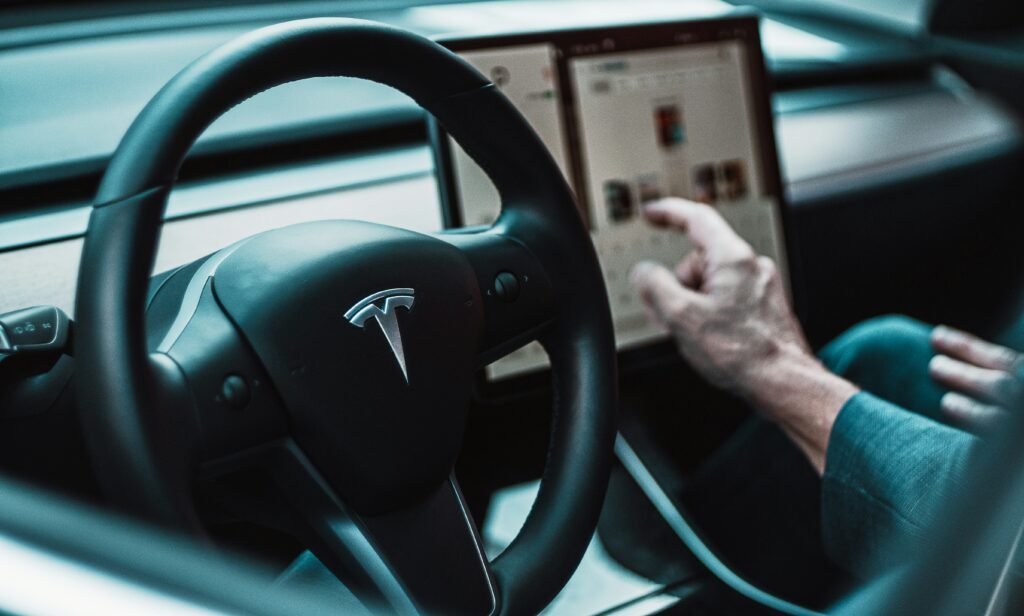With the arrival of tourism and the environmental challenges facing the Mediterranean islands, the authorities in Ibiza have taken a bold decision to combat traffic congestion and the environmental impact brought about by the overcrowding of vehicles. Following recently approved regulations, the maximum number of vehicles that will be allowed to circulate each day in Ibiza will be limited to 20,168 vehicles. This comprehensive approach seeks to balance sustainable tourism and the quality of life for residents, while preserving the island’s beauty and ecological environment.
Context of the Vehicle Restriction in Ibiza
Tourism is one of the main sources of income for Ibiza’s economy, but the growth in the number of visitors has also led to an exponential increase in the number of vehicles on the road. This has led to serious traffic problems, emissions, and has increased the region’s carbon footprint. For this reason, the new legislation aims to reduce the impact of mass transportation on the island.
With an increasingly sustainable approach, the authorities have determined that the most appropriate approach is to implement a limit on the number of vehicles that can circulate daily. Although this measure represents a logistical challenge in its implementation, it also promises to be a model for other islands facing similar challenges.
Objectives of the New Legislation
The main objective of this legislation is to protect the quality of life of Ibiza’s inhabitants while encouraging responsible tourism. The restrictions are aligned with European Union guidelines on sustainability, and seek to achieve several key objectives:
- Reduce greenhouse gas emissions generated by automobiles.
- Reduce urban congestion in critical tourist and residential areas.
- Provide a boost to alternative and more sustainable modes of transportation on the island.
- Preserve the island’s natural resources and environment for future generations.
Vehicle Limit Implementation
With the new legislation, it is expected to control not only the entry of vehicles, but also effectively manage the number of rental vehicles and local transportation. The government has already advanced plans that will include technological innovation to monitor and control the flow of vehicles on the island, adopting more sophisticated registration and surveillance systems.
In addition, to accommodate these restrictions with the least possible impact, exceptions are envisaged for permanent residents of Ibiza and essential service vehicles. All vehicles visiting the island will have to register in advance and, if there is no availability within the imposed limit, entry will be denied.
Expected Impacts of Vehicle Limits
The restriction on the number of vehicles will have multiple impacts on daily life on Ibiza, with tangible benefits for the local population and the environment:
- Improved air quality: A decrease in motorized vehicles will translate into significantly cleaner air.
- Reduced noise: By reducing the number of cars, it will also reduce the automotive noise that interferes with the tranquility of the island.
- Increased use of public transportation: With less capacity for private vehicles, public transportation is seen as an efficient and accessible alternative.
- Promotion of cycling and walking: These forms of sustainable mobility will become more prevalent, promoting a healthier lifestyle.
Policy Challenges and Proposed Solutions
While the measure has many positive aspirations, there are clear challenges that will need to be overcome for effective implementation:
- Initial resistance: The tourism and car rental sectors may show resistance, but more sustainable tourism packages are already being developed.
- Necrologging and control: The infrastructure to manage this vehicle control must be modernized and accurate to avoid delays and encourage efficiency.
- Education and Awareness: Awareness campaigns will need to be persistent so that both locals and visitors understand the need and benefits of these measures.
Authorities are already working on implementing these solutions, ensuring that transitions are as smooth as possible for all involved.
The Future of Transportation in Ibiza
The future of transportation in Ibiza is in a transformation phase that seeks to make economic development compatible with respect for the environment. The restriction of vehicles is the first step towards a mobility model that prioritizes responsible and sustainable tourism, demonstrating that it is possible to enjoy natural resources without endangering them.
As these changes are adapted, Ibiza could be at the forefront of the Mediterranean islands in terms of sustainable development, providing a tangible example of how effective legislation can protect both the environment and the previous economic and social fabric.
Ultimately, with all these changes, Ibiza is sending a strong message about the importance of environmental conservation and hopes that these measures will facilitate a prosperous and healthy future for the island and its inhabitants. It is hoped that other regions will follow suit, bringing about a tourism paradigm that is more in tune with our environment.



